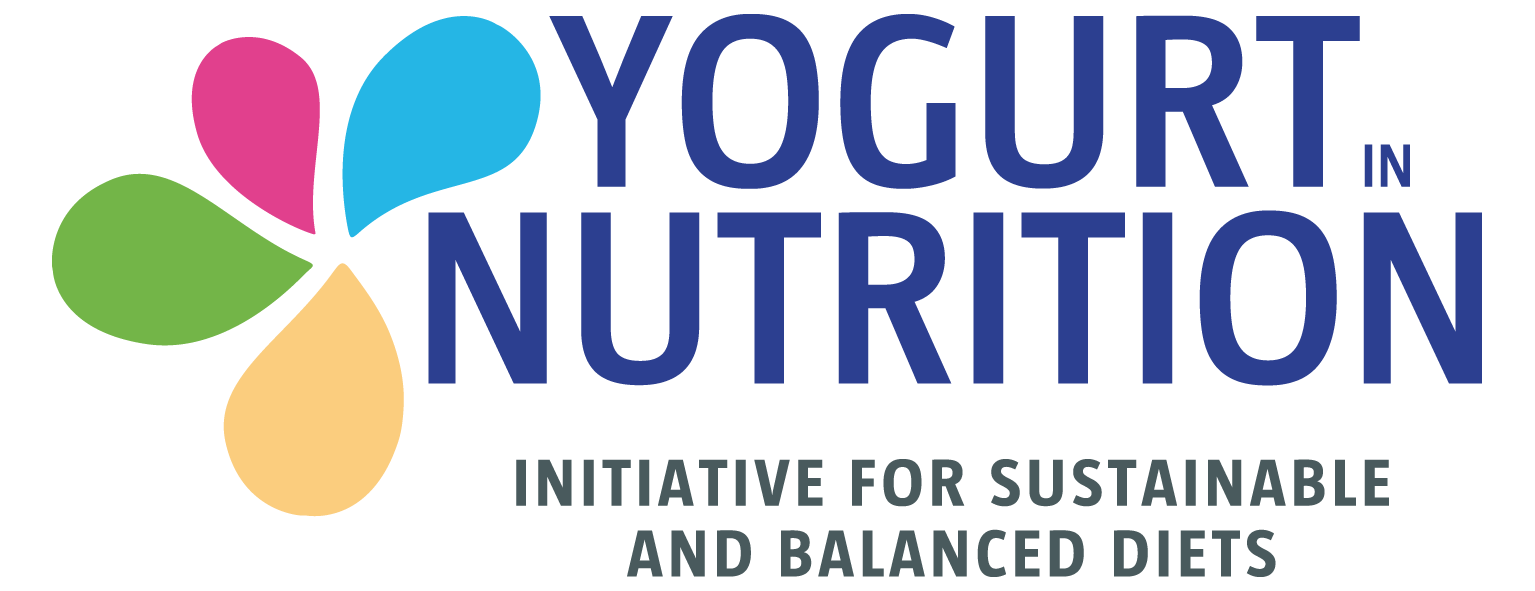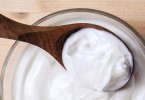Weight-loss programmes seem to be a part of everyday life with the current high rates of overweight and obesity. But this systematic review challenges the use of restrictive diets and bariatric surgery for achieving healthy weight management. Instead, weight loss programmes should consider the association between the gut microbiota and weight changes, the authors suggest.
The review found that both bariatric surgery and restrictive diets can trigger changes in the gut microbiota that could have long-term harmful effects on the colon. In contrast, prebiotics might restore a healthy gut microbiota and help reduce body fat, say the authors. The smooth-running of our metabolism largely depends on a healthy gut microbiota – the trillions of bacteria that live in our intestines. Evidence suggests that an upset in the balance of gut microbiota may be key in the development of obesity.
In this review, the authors looked at studies of weight-loss interventions in obese and overweight people and assessed the association between the types of intervention and gut microbiota. They identified 43 relevant studies, of which 17 used dietary interventions to tackle overweight/obesity, 11 used bariatric surgery, and 15 used manipulation of the microbiota, for example, through probiotics and prebiotics. They found that all the interventions had impacts on the gut microbiota, but they did not always correlate with weight loss.
Weight management may need a personalised approach, starting by analysing the gut microbiota composition
Each of us has our own gut microbial make-up that is unique to us, having been influenced by a host of factors, from how we were delivered at birth to our dietary patterns and our use of antibiotics. The review found that the composition of our gut microbiota might influence how well we respond to a weight-loss intervention. Knowing more about an individual’s microbiota composition before starting an intervention may in future be a useful tool for choosing the best weight-loss therapy for that individual.
Weight-loss diets affect the gut microbiota and are linked to nutrient deficiency
The review found that restrictive diets were linked with changes to the microbiota in the gut and with nutrient deficiency . Diets restricting carbohydrates, low-fat diets, and high protein diets were all associated with reduced diversity and/or abundance of microbiota. Weight-loss diets also tended to reduce certain bacterial groups including the Firmicutes (e.g. Lactobacillus sp and Bifidobacterium sp) which produce the fatty acid butyrate, important for healthy metabolism.
The impact of surgery on gut microbiota depends on the technique used
A similar reduction in Firmicute butyrate-producers was seen when bariatric surgery was used for the weight loss intervention. Changes in gut microbiota seen with surgery varied according to the type of surgery used. For example, laparoscopic sleeve gastrectomy had the smallest impact on the gut microbiota, while ‘Roux-en-Y’ gastric bypass surgery was associated with wider microbial changes. The surgery also increased the amount of Proteobacteria which is related to changes in intestinal absorptive surface, pH and digestion time.
The association of probiotics with weight varies according to strains
Probiotics* – live microorganisms that can reach the intestine – had different impacts on the gut microbiota according to the strain of probiotic used. They tended to reduce body fat. For example, while one strain was associated with weight loss, another had no impact on weight but was associated with a reduction in body fat content, and a third was associated with both reduced weight and reduced body fat in women.
Prebiotics might restore a healthy microbiome and reduce body fat by improving glucose and lipid metabolism
Prebiotics* are mostly carbohydrates that resist digestion until they reach the colon where they are used by, or impact on the gut microbiota. The review showed that prebiotics could promote positive changes in the composition and function of gut microbiota including an increase in bifidobacteria.
Unlike dietary and surgical interventions, prebiotics increased producers of butyrate, so may be contributing to the gut barrier function and improved metabolic outcomes. The authors conclude that further studies are needed to discover more about the role of different types of gut bacteria in health, and the effects of specific probiotics.
Find out more: read the original article.
Source: Seganfredo FB, Blume CA, Moehlecke M et al. Weight-loss interventions and gut microbiota changes in overweight and obese patients: a systematic review. Obes Rev. 2017 Aug;18(8):832-851.
* Probiotics are live microorganisms which, when administered in adequate amounts, confer a health benefit on the host. Prebiotics are food ingredients that promote the growth or activity of beneficial microorganisms.





